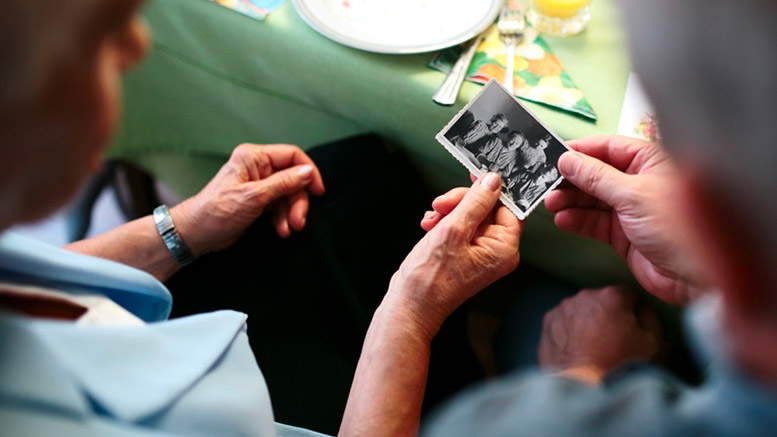Dependent On Your Child – Don’t Lose Your Basic Rights
by Joyce Koria Hayes, Esquire
Just because you become dependent on a child for care as you age does not mean you lose basic rights. There are avenues available for help.
As the Executive Director of Delaware Elder Mediation Services, Inc., one of the most difficult types of situations I deal with concerns what I sometimes call “Granny-napping.” This occurs when one sibling, the primary caregiver, denies other siblings access to a parent, perhaps even going so far as to remove the parent from the family home. As I work with the family, if the parent is still competent to make decisions, I always ask the parent whether they wish to see those siblings. Unfortunately, very seldom does the parent tell me truthfully, “Yes, I really want to see Sally but Mary won’t let her come into the house here.”
There are many reasons why you as a dependent adult might be reluctant to answer, truthfully, that you want to see your other children. You may worry that the caregiver is giving up time and maybe money to take care of you, and that you would seem ungrateful to question the caregiver’s actions. Maybe deep down you’re afraid the caregiver “won’t love you anymore.” Worst case, you are afraid because the caregiver does engage in either physical or emotional abuse.
If this is happening to you, what are your options to rectify the situation? You can call Adult Protective Services (APS). APS’s first duty is to ensure that you are getting any services you might need and that your rights are protected. But it’s very hard for a parent to make a call to APS to charge a child with abuse. No parent wants to get a child in trouble with the law.
Another alternative is to request that your children participate in a mediation to talk through the issues, to help you explain why you are unhappy, and to discover solutions that would be acceptable to all.
Remember: Unless a doctor has said that you are incapable of making your own decisions, you have rights. You do not deserve to be denied access to loved ones, to be left alone for extended periods, to be fed foods you do not like, or to be subject to any treatment to which you object.
Joyce Koria Hayes is the Executive Director and Mediator at Delaware Elder Mediation Services, Inc. If you are in immediate physical danger, call 911. For help from Adult Protective Services, call 800-223-9074. For more information, to discuss your situation, or to schedule a family conference, call Delaware Elder Mediation Services at 302-287-9194, visit demsi.org or delawareeldermediation.com, or email demsiorg@gmail.com.

